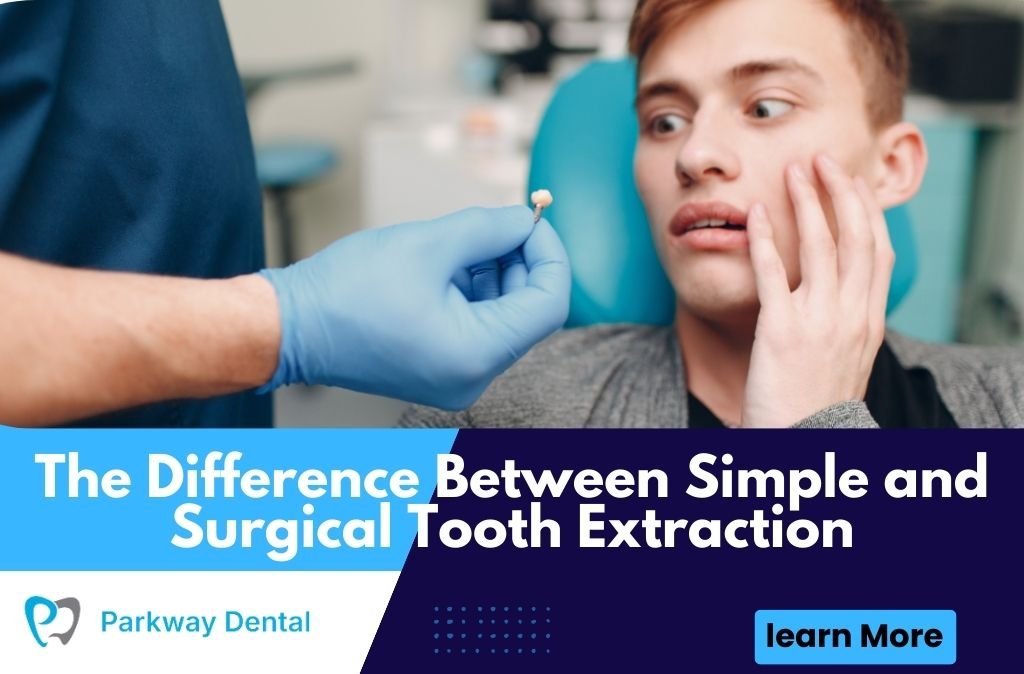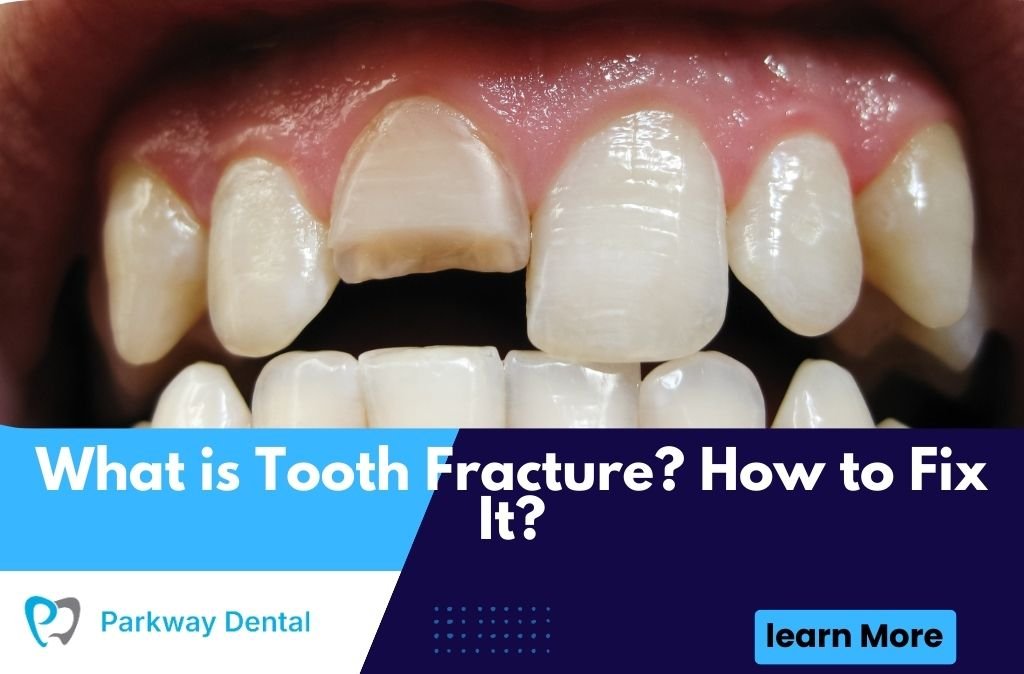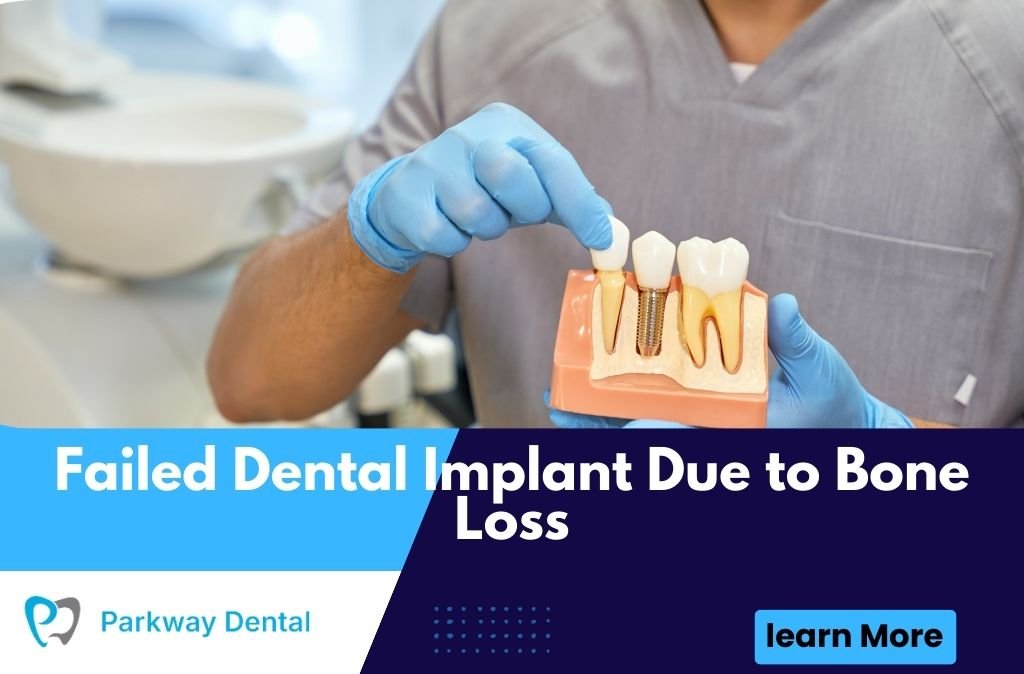Having a wisdom tooth extraction can feel overwhelming, especially if it’s your first time undergoing the procedure. For residents of West Roxbury, MA, knowing what to expect during recovery, how long healing typically takes, and what steps you can take to speed up the process can help you feel more confident and prepared.
This detailed guide will walk you through the wisdom tooth removal recovery timeline, factors that affect healing, and expert tips for ensuring a smooth and comfortable recovery.
Understanding Wisdom Tooth Extraction
Wisdom teeth are the last set of molars that typically emerge between the ages of 17 and 25. While some people have no issues, others experience impacted wisdom teeth, crowding, or infections, which require extraction.
Why West Roxbury Patients Often Need Wisdom Tooth Removal
In West Roxbury, MA, many patients undergo this procedure due to insufficient jaw space, tooth misalignment, or repeated infections. Removing problematic wisdom teeth early often prevents future dental complications.
Average Recovery Time After Wisdom Tooth Extraction in West Roxbury, MA
For most West Roxbury residents, the initial healing period takes 3 to 5 days, with swelling and discomfort peaking in the first 48 hours. Full soft tissue recovery typically happens within 2–3 weeks, while complete bone healing may take several months.
Factors That Affect Wisdom Tooth Recovery Time in West Roxbury, MA
Your healing time may vary depending on several factors:
Age of the Patient
Younger patients generally heal faster than older adults because tissues regenerate more quickly.
Complexity of the Extraction
A simple extraction heals faster than a surgical removal involving impacted teeth or bone removal.
Overall Health
Patients with strong immune systems and no chronic conditions often experience shorter recovery times.
Post-Operative Care
Following your West Roxbury dentist’s aftercare instructions can significantly reduce recovery time and prevent complications.
Wisdom Tooth Recovery Timeline for West Roxbury Patients
For West Roxbury patients, wisdom tooth recovery usually spans 3–5 days for initial healing, with swelling peaking in 48 hours. Most soft tissue heals within two weeks, while complete bone recovery may take several months. Following your dentist’s aftercare plan ensures faster healing and minimizes discomfort during recovery.
First 24 Hours
- Blood clot formation begins.
- Expect mild to moderate pain and swelling.
- Bite gently on gauze to control bleeding.
2–3 Days Post-Extraction
- Swelling and discomfort may peak during this time.
- Cold compresses and prescribed medications help manage symptoms.
1 Week
- Stitches (if used) may be removed.
- Pain and swelling should noticeably decrease.
2 Weeks
- Most soft tissue healing is complete.
- You can resume normal eating habits with caution.
Tips to Speed Up Recovery for West Roxbury Residents
West Roxbury residents can speed up wisdom tooth recovery by following their dentist’s instructions, using cold compresses, eating soft foods, and keeping the extraction site clean. Avoiding smoking, alcohol, and strenuous activity reduces risks of complications, ensuring smoother healing and a quicker return to normal daily activities.
Follow Your Dentist’s Instructions
Your dentist will provide personalized aftercare guidelines — follow them closely.
Manage Swelling
Apply ice packs for the first 24–48 hours to reduce inflammation.
Maintain Oral Hygiene
Gently rinse with warm salt water starting 24 hours after surgery to prevent infection.
Eat Soft Foods
Soups, yogurt, and mashed potatoes are gentle on healing gums. Avoid crunchy or spicy foods.
Avoid Smoking and Alcohol
Both can delay healing and increase the risk of infection or dry socket.
Common Complications That Can Delay Recovery
Complications like dry socket, infection, and nerve irritation can delay wisdom tooth healing for West Roxbury patients. Symptoms such as severe pain, persistent swelling, fever, or unusual discharge should prompt immediate dental care to prevent further issues and ensure a safe, timely recovery after extraction.
Dry Socket
Occurs when the blood clot is dislodged, exposing the bone. This can be painful and delay healing.
Infection
Signs include persistent swelling, fever, or foul taste. Immediate dental attention is needed.
Nerve Irritation
Rare but possible if the lower wisdom teeth are near nerve pathways.
Why Choose a West Roxbury Dentist for Wisdom Tooth Extraction
Choosing a local dental specialist in West Roxbury, MA ensures:
- Convenient follow-up care
- Knowledge of local anesthesia preferences
- Faster emergency response if post-surgery complications occur
How to Prepare for Wisdom Tooth Removal in West Roxbury, MA
- Schedule time off work or school for rest.
- Arrange transportation after the procedure.
- Prepare soft meals ahead of time for easy access.
Long-Term Benefits of Wisdom Tooth Extraction
- Prevents overcrowding and misalignment
- Reduces risk of cysts or infections
- Improves oral hygiene by eliminating hard-to-reach areas
Conclusion
The recovery time after wisdom tooth extraction for West Roxbury, MA patients typically ranges from a few days to a few weeks, depending on the complexity of the procedure and how well aftercare instructions are followed. By choosing an experienced Dentist in West Roxbury, MA and following proper recovery steps, you can heal faster, avoid complications, and enjoy the long-term benefits of a healthier mouth.
FAQs
How long should I rest after wisdom tooth removal?
Most patients need 2–3 days of rest, but it depends on the complexity of the extraction.
When can I eat solid foods again?
Soft foods are recommended for the first few days. Gradually reintroduce solids after 5–7 days.
How can I prevent dry socket?
Avoid smoking, drinking through a straw, and spitting forcefully during the first week.
Is swelling normal after wisdom tooth extraction?
Yes, swelling is normal and usually peaks within 48 hours before improving.
Will insurance cover wisdom tooth removal in West Roxbury, MA?
Most dental insurance plans cover part or all of the procedure, especially if it’s medically necessary.







